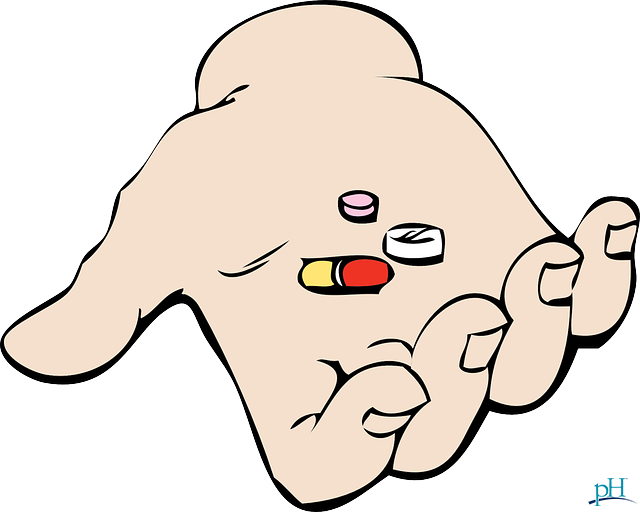Be proactive to prevent opioid addiction
10 years ago | Prescription Drugs
By pH health care professionals
Addiction to opioids such as morphine, heroin and prescription painkillers is a growing global problem. Generally, opioids have an important role in the treatment of certain types of pain, but they have inherent risks and side effects, including being highly addictive. Even infrequent use can lead to dependence.
How opioids affect the body
Opioids attach to proteins called “opioid receptors” in the brain, spinal cord, gastrointestinal tract and other organs in the body. When attached to these receptors, they reduce the perception of pain, produce feelings of euphoria, and then a sense of well-being and calm drowsiness. The greatest risk in using opioids is when you abuse the drug, stemming from addiction.
Taking too many opioids can slow your breathing, the National Institute of Drug Abuse warns. Slow breathing due to opioids overdose can affect the amount of oxygen that reaches the brain, a condition called hypoxia. Hypoxia can have short- and long-term psychological and neurological effects, including coma and permanent brain damage.
Factors that increase risk for opioid addiction
Opioid addiction is seen more often in males and younger people (under 30 years old). The risk of addiction generally decreases with age. Other factors that may increase the chance of of addiction include:
- Improper use of medication
- Family history of drug addiction
- Having anxiety, depression, loneliness, and a history of alcoholism
Symptoms of opioid addiction
Symptoms of opioid addiction include an increase in the amount of medication needed, going from doctor to doctor for prescriptions, craving it, being unable to stop or limit the medication, a strong desire to continue using it even when complications arise, effect on quality of life such as relationships and employment, and withdrawal symptoms when it is reduced or stopped (restlessness, muscle and bone pain, diarrhea, vomiting, cold flashes, involuntary leg movements).
Be proactive
If opioids have been prescribed to you to treat pain, follow the directions closely and use them for the shortest period of time needed. Be completely forthcoming with your doctor about any personal or family history of drug addiction, your medical history, mental illnesses and your concerns. Be proactive and always educate yourself as much as possible about a prescription drug before you use it, and if you are using it recreationally or abusing the drug, seek appropriate assistance in stopping in a healthy manner.
Enjoy Your Healthy Life!
The pH professional health care team includes recognized experts from a variety of health care and related disciplines, including physicians, attorneys, nutritionists, nurses and certified fitness instructors. This team also includes the members of the pH Medical Advisory Board, which constantly monitors all pH programs, products and services. To learn more about the pH Medical Advisory Board, click here.



